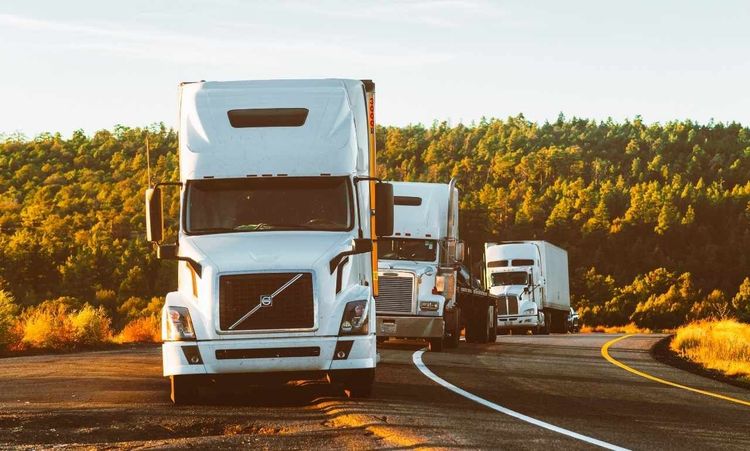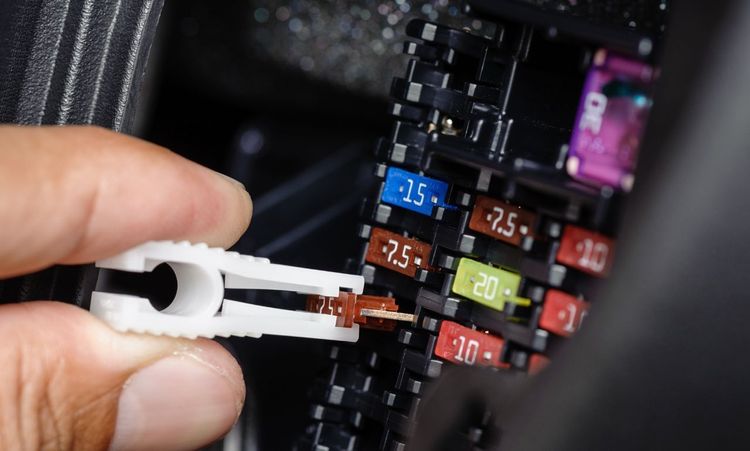A truck accident can change everything in a split second. Florida highways are full of commercial trucks hauling freight across the state. These massive vehicles weigh many tons, and their size alone makes collisions devastating.
For anyone involved, shock often sets in before clear thinking does. You might feel scared, shaken, or completely unsure about your next move. That confusion is normal. But your actions in the minutes and days following the crash matter more than you might imagine.
This guide explains exactly what to do after a truck accident in Florida. Each step aims to protect your safety, your health, and your legal rights.
Prioritize Your Safety and Call for Help
The first priority is always your safety. Check yourself and others for injuries, but avoid sudden movements. If your car is blocking traffic, and moving it won’t cause further harm, ease it to the side. If that isn’t possible, turn on hazard lights and remain where you are.
Florida roads can become chaotic after a crash. Trucks may block multiple lanes, and other drivers might not slow down. Staying alert prevents secondary accidents. Keep calm, breathe deeply, and focus on what you can control.
Calling 911 is non-negotiable. Police officers and emergency responders are trained to handle these high-risk scenes. They will secure the area, direct traffic, and provide urgent medical care. The police report they file later becomes an essential piece of your case.
Even if you feel tempted to settle things informally with the truck driver, resist. Without official records, you risk losing valuable legal protections.
Seek Immediate Medical Attention
Adrenaline is powerful. After a crash, it can mask even serious injuries. You might feel fine, only to discover days later that you are not.
Florida hospitals and urgent care centers see this scenario all the time. Injuries like whiplash, concussions, or internal bleeding may not show obvious symptoms right away. That is why medical evaluation should happen immediately.
Doctors will check for hidden problems, document findings, and create treatment plans. These medical records do double duty: they support your recovery and serve as hard evidence for legal claims.
Delaying medical care can raise red flags. Insurance companies love to argue that a “late” injury was unrelated to the crash. Seeking help right away closes that door.
Remember: your health is the foundation for everything else. Without it, no amount of financial compensation matters.
Document the Scene Thoroughly
After ensuring safety and medical attention, your next step is documentation. Think of it as freezing the moment in time. Evidence at crash sites fades quickly, especially when tow trucks arrive.
Use your phone camera for photos and videos. Capture wide shots of the entire scene and close-ups of details. Skid marks, road signs, traffic lights, weather conditions, and even broken glass can all become important later.
Don’t forget the truck itself. Photograph its license plate, company name, DOT number, and visible damage. Snap the other vehicles too, including your own, from multiple angles.
If witnesses stopped, ask politely for their contact details. Their neutral observations may carry significant weight in disputes. Record the truck driver’s information as well—name, employer, insurance provider, and driver’s license number.
Taking the time to document thoroughly may feel tedious, but future you will be grateful. When questions about fault arise, your evidence speaks louder than memory.
Avoid Speaking with the Trucking Company’s Insurer
After a truck crash, you can expect quick contact from insurance representatives. They often appear friendly, calm, and helpful. Don’t be fooled.
These adjusters work for the trucking company, not for you. Their mission is to save money by limiting payouts. They may encourage you to share your version of events “just to clarify.” In reality, they are listening for statements they can twist.
Another common tactic is the fast settlement offer. It might sound tempting, especially with medical bills piling up. But these offers are almost always far below what your case is worth. Once accepted, you cannot reopen your claim.
Your best defense is polite refusal. Decline to provide recorded statements. Direct them to your attorney instead. That simple move shuts down manipulation attempts and puts you back in control.
Report the Accident to Your Insurance Company
Florida follows a no-fault insurance system. That means your own insurance company will be involved, regardless of who caused the accident.
Call your insurer as soon as reasonably possible. Provide the basic facts: when, where, and how the accident happened. Keep your explanation short, clear, and strictly factual. Avoid speculating about fault or admitting blame.
Your insurer will likely assign a claims adjuster. They will review damages and guide you on coverage, such as personal injury protection (PIP). Failure to notify them promptly can jeopardize your benefits.
Being proactive ensures your policy remains active and responsive. Waiting too long risks claim denials and unnecessary headaches.
Preserve Evidence and Keep a Detailed Record
Evidence is the backbone of any truck accident claim. Without it, your case is built on sand. Beyond photos and medical reports, think about the long game.
Keep every medical bill, prescription receipt, and physical therapy invoice. These financial records show the tangible cost of your recovery. Store emails, letters, and notes from insurance companies. They can reveal how your claim was handled.
Consider keeping a personal recovery journal. Write about your daily pain, missed work, and emotional struggles. Small details paint a fuller picture of how the accident affected your life.
Do not rush to repair or dispose of your vehicle without proper documentation. In many cases, attorneys bring in experts to analyze crash damage. Your car can become a silent witness.
Think of your evidence as a shield. The stronger it is, the harder it becomes for insurers or defense attorneys to minimize your suffering.
Consult an Attorney Experienced in Florida Truck Accident Claims
Truck accident cases are not ordinary car crash cases. They involve federal trucking laws, strict safety regulations, and large corporate insurers. Handling such claims alone is like walking into a chess match blindfolded.
An experienced Florida truck accident attorney knows where to look for evidence. They can secure driver logs, black box data, and vehicle maintenance records. These details often reveal violations such as driver fatigue or poor vehicle upkeep.
Attorneys also identify all responsible parties. It is not always just the driver at fault. The trucking company, cargo loaders, or even manufacturers may share liability. Without legal help, these connections are easy to miss.
Most attorneys in this field work on a contingency fee basis. That means you pay nothing unless they win. This setup removes financial barriers for victims seeking justice.
Having an attorney does more than increase your chances of compensation. It also gives peace of mind. While they fight the legal battles, you can focus on healing.
Conclusion
Florida truck accidents are sudden, frightening, and life-altering. Yet, with clear steps, you can protect yourself from further harm. Safety comes first. Medical attention follows immediately. Documenting, reporting, and preserving evidence create a foundation for justice.
Insurance companies may try to pressure you, but you are not powerless. With patience, careful record-keeping, and strong legal support, you stand on solid ground.
Remember: trucks may dominate highways, but they don’t have to dominate your future. Take these steps, and you reclaim control.




